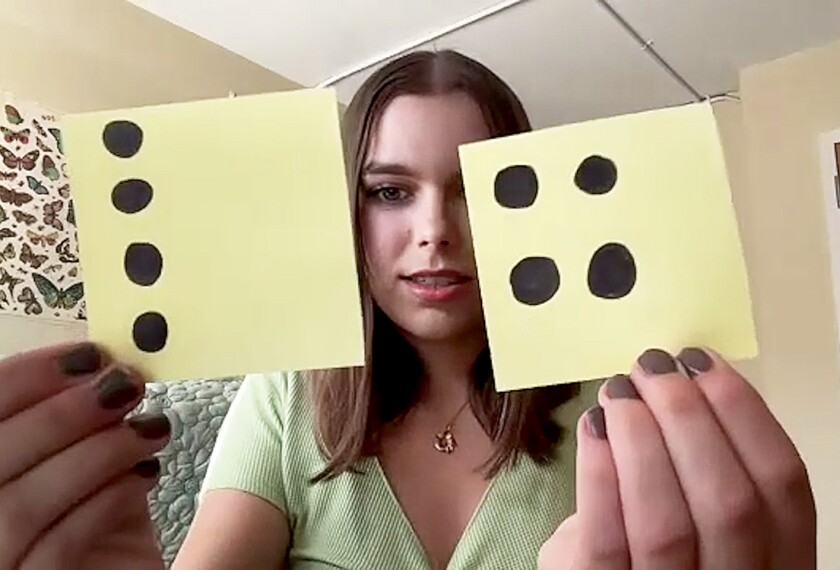Teachers’ beliefs matter for student learning—but myths about the brain can be easily spread and hard to dislodge.
The vast majority of active and future teachers—and even more of the general public—still hold several fundamental misconceptions—commonly dubbed “neuromyths"—about how the brain works.
And those misunderstandings can hinder instruction, finds Kristin Simmers, a learning sciences researcher at the University of Connecticut. In a new study, Simmers and her colleagues find that preservice teachers who know how to separate the wheat from the chaff when it comes to brain science are also more likely to understand evidence-based teaching practices.
Rapidly evolving cognitive and neuroscience often gets misinterpreted, and the applications of such research overhyped for classroom instruction.
“A lot gets sold to teachers; you put ‘the brain’ on something and it sells ... but I’ve found that it’s not always accurate and it’s not always helpful,” Simmers said. “If you’re a teacher interested in the brain and learning, and you just are Googling, there’s a lot of inaccurate, non-credible information out there, and you are not equipped to kind of vet the information that’s being given to you.”
Test your own knowledge of learning and the brain below, and get the real story behind some of the most common neuromyths. After filling out the quiz, you’ll get a short summary of what the research says about each question and links to key studies. And, you’ll be able to see where preservice teachers, educators, and the general public fell on these beliefs, based on Simmers’ new research and prior studies.








